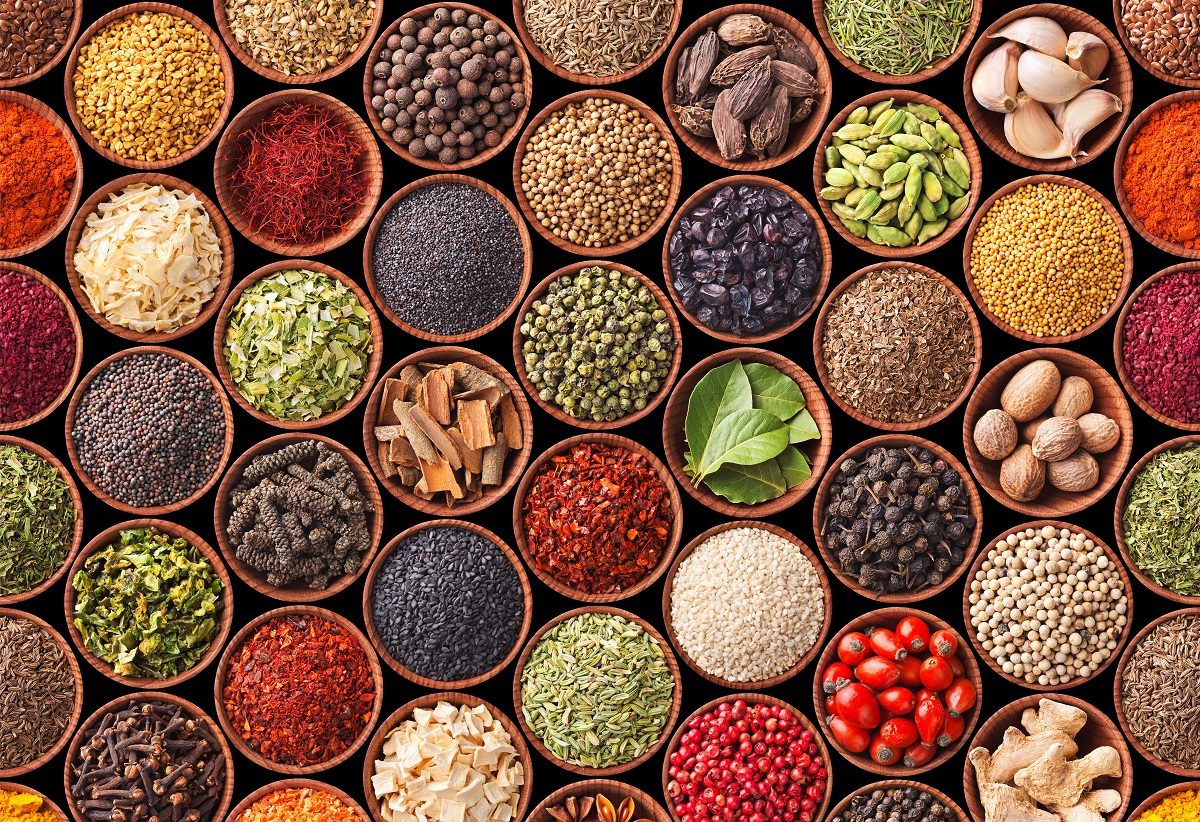Herbs play a very important role in enriching your meat with intoxicating aromas and fabulous flavours. Sustaining their flavours in storage is tough though. If stored casually, the herbs wilt away and the flavour decays rapidly. Here are a few ways you can counter that and store herbs for longer:
- Keep them fresh longer. One method does not fit all when it comes to short-term storage. Some leafy annual herbs, especially basil, stay fresher if placed in water, stems down (like a bouquet of flowers) rather than in the refrigerator. Woody perennials, including rosemary, thyme and oregano, can withstand the cold of the refrigerator. Cook’s Illustrated recommends stacking them in layers separated by parchment paper in plastic containers with tight lids, or in plastic bags for smaller amounts. Parsley, dill, chives and cilantro can be stored in the refrigerator but should either have their stem ends in water or wrapped in a damp paper towel and sealed in a plastic bag.
- Freeze them. Some herbs don’t freeze well—basil turns black, and cilantro loses its flavour. But hardier herbs, including rosemary, mint, dill, thyme, parsley and tarragon, can be frozen and stored in an airtight container.
- Dry them. The reason people use fresh herbs over dried is that they often taste better. But there are a few exceptions—bay leaves being the most notable—and, in any case, it’s better to dry your leftover herbs than let them go to waste. The Beginner’s Guide To Edible Herbs , suggests drying dill, basil, rosemary or sage by hanging them upside-down by the stem and then storing them in an airtight container once dried. Other herbs can be dried on paper towels in the refrigerator. A dehydrator also works well if you have one. Don’t bother drying cilantro—it loses its flavour.
- Make herb butter. Fats help preserve the flavour of herbs, and making herb butter is easy. You just take softened unsalted butter and mix in a generous amount of minced fresh herbs, either singly or in combination, and, if you like, other seasoning. The butter can be frozen in small portions and stored for months. The thawed butter can then be used on fish or chicken, in pasta, on vegetables or as a spread. Combinations to try include basil, thyme, dill, cilantro and lime.
- Make pesto. Basil is the most traditional herb used in pesto, but parsley, arugula, cilantro, dill and rosemary—really, almost any herbs—also work well. Again, leftover pesto can be frozen in small batches to use later.
- Make herb jelly. Mint jelly is the traditional accompaniment to lamb, but just about any herbs can be turned into jellies. They can be used as a spread or as the basis for a meat glaze. As a bonus, they don’t need to be kept in the freezer. You can also combine herbs and fruits to make delicious jams.
- Infuse oil or vinegar. Infusing oil and vinegar is a great way to capture the flavour of fresh herbs without preserving the herbs themselves. The Beginner’s Guide to Edible Herbs recommends light oils such as olive, safflower or sunflower with strongly flavoured herbs for the best results. You simply fill a sterilized bottle or jar about a quarter to a third of the way full with fresh herbs that have been rinsed and allowed to dry, then fill the rest with oil. Cap the container and let stand at room temperature for 10 to 14 days, then strain out and discard the herbs. The oil should keep for up to two months. The process is similar for vinegars.

